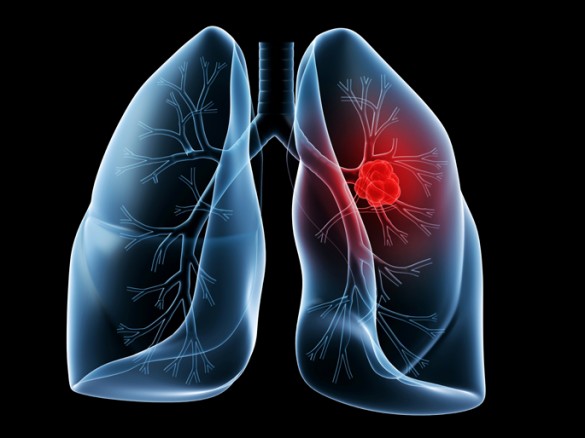
by Kelsey Herbers
Providing access to a culturally appropriate community health worker during breast cancer screenings may impact elements of patient care and satisfaction among Hispanic/Latina women, Vanderbilt University Medical Center researchers report in American Journal of Roentgenology.
Lucy Spalluto, MD, MPH, assistant professor of Radiology and Radiological Sciences, and colleagues recruited 100 Hispanic/Latina women previously not engaged in well-woman screening services to receive screening mammography in a study designed to evaluate the effects of a “promotora” — a lay Hispanic/Latino community member who provides basic health education and can assist women during the screening process — on patient satisfaction with care.
The study was designed in partnership with Matthew Walker Comprehensive Health Center, the American Cancer Society, the Tennessee Breast and Cervical Screening Program and the Vanderbilt-Ingram Cancer Center Office of Community Outreach and Engagement.
Participants were randomized to one of three groups: the control arm, which received standard-of-care well-woman services without access to the promotora; an intervention arm receiving an individual education session with the promotora followed by well-woman screening and access to the promotora during care; or an intervention arm receiving a group education session with the promotora followed by well-woman screening and access to the promotora during care.
Participants with access to the promotora had the opportunity to ask questions during both the education sessions and clinical services. In post-mammography surveys, those receiving individual and group education sessions reported similar rates of satisfaction with care, which were higher than those reported by patients who did not have access to the promotora.
Because individual and group education sessions achieved a similar level of patient satisfaction, Spalluto believes large-group education sessions during mammography screenings in this population may represent an opportunity to consolidate time and resources.
“The literature shows that Hispanic/Latina women utilize screening mammography less than their white counterparts. This often results in cancer being found at later stages in this population,” said Spalluto. “The promotora model used in this study provides a culturally appropriate lay community health worker to engage the Hispanic/Latino community in screening services.”
Participants were recruited directly by the promotora, who attended churches, health fairs and other community events to explain the importance of the study and to encourage participation.
More than 90% of participants were recruited through community outreach efforts alone, and none of them had previously received regular mammography screenings.
“This study would not have been possible without the commitment of our community partners and the dedication of Angelica Deaton, our promotora,” said Spalluto.
Spalluto hopes to conduct future studies that dive deeper into the relationship between a community health worker and a patient to determine factors that make the approach successful. Insight into these relationships could allow the model to be translated to other cultures.
“What if the community health worker is a breast cancer survivor or had previously had an abnormal screening that identified something that needed further services? Would this change the patient’s experience? Does the setting of the meeting with the promotora make a difference? What aspects of the relationship most impact patient satisfaction with care?” said Spalluto.
Clinical services for under-insured and uninsured participants were paid for through the Tennessee Breast and Cervical Screening Program run by the Tennessee Department of Health.
The study was funded through the Community Engaged Research Core of the Vanderbilt Institute for Clinical and Translational Research (VICTR) and was supported by the Meharry-Vanderbilt Alliance.











